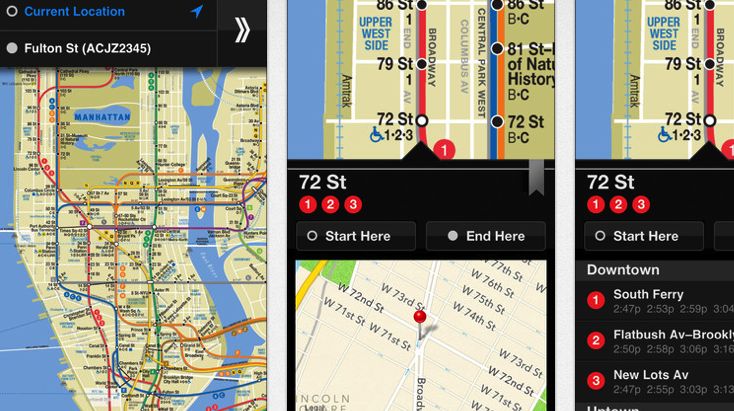Looking to pull out of Maps darkness, Apple buys another transit app maker
Embark joining HopStop, others

Sign up for breaking news, reviews, opinion, top tech deals, and more.
You are now subscribed
Your newsletter sign-up was successful
If you're sick of the blue dot of directional death emanating from your Apple Maps, relief (in some form) may soon be on its way.
According to a report by tech writer and former Wall Street Journal reporter Jessica Lessin, Apple recently acquired Embark, a small startup that builds free transit apps.
Apple was light on specifics, but confirmed the deal to Lessin with its standard "we buy smaller companies from time to time, but we won't tell you why or what we're going to do with them" line.
We've asked Embark and Apple for comment, and will update this story when we hear back.
Lessin noted Embark built apps for both iOS and Android, however now there's no sign of an Embark app in the Google Play Store. What's more, its website only lists 10 public transit information apps that are available in the Apple App Store.
Show me the way
Apple has infamously dealt with a radically inadequate mapping experience ever since it ditched Google's nav services in iOS 6. One of the major complaints when Apple launched its own Maps was a lack of public transportation information.
CEO Tim Cook admitted the failure of Apple Maps in September, and Cupertino has since embarked (sorry) to patch the issues, including purchasing a smattering of map-related services.
Sign up for breaking news, reviews, opinion, top tech deals, and more.
Last month, word surfaced that Apple bought public transit app HopStop as well as location data startup Locationary.
Apple's plans for these companies still aren't clear, but perhaps we'll see a massively improved Maps when iOS 7 hits the public airwaves, very likely next month.

Michelle was previously a news editor at TechRadar, leading consumer tech news and reviews. Michelle is now a Content Strategist at Facebook. A versatile, highly effective content writer and skilled editor with a keen eye for detail, Michelle is a collaborative problem solver and covered everything from smartwatches and microprocessors to VR and self-driving cars.